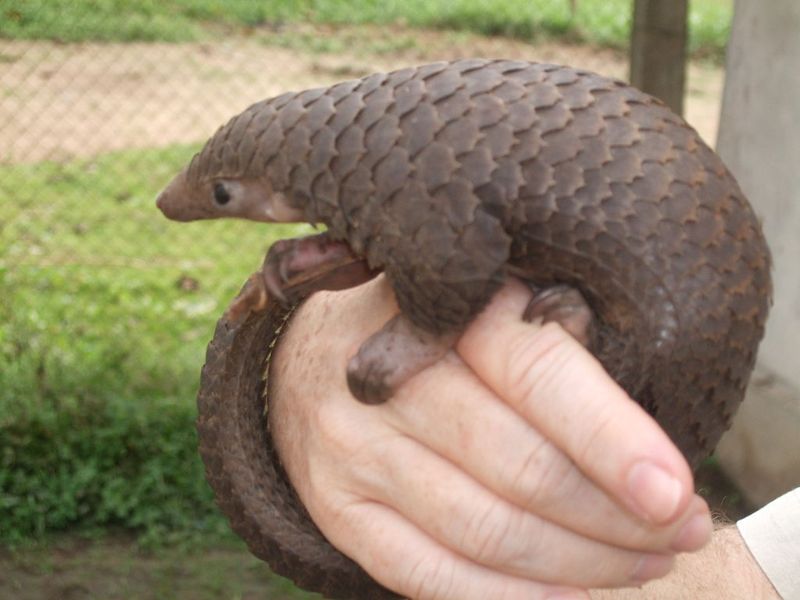
A study led by the South China Agricultural University revealed that pangolins could have served as host of the new coronavirus.
According to its findings, the virus could have transmitted from bats to humans through pangolins.

Discover B2B Marketing That Performs
Combine business intelligence and editorial excellence to reach engaged professionals across 36 leading media platforms.
During the study, the Chinese researchers found that the genome sequence of the virus strain obtained from pangolins was 99% similar to that from infected people, reported Xinhua.
Initially, the researches observed a 70% positive rate of Betacoronavirus in pangolins when tested using molecular biological detection method. They determined similarity after isolating the virus further and observing its structure using an electron microscope.
South China Agricultural University president Liu Yahong said: “the research team analysed more than 1,000 metagenome samples of wild animals and found pangolins as the most likely intermediate host.”
Hong Kong City University veterinary medicine professor Dirk Pfeiffer was quoted by Reuters as saying: “You can only draw more definitive conclusions if you compare prevalence (of the coronavirus) between different species based on representative samples, which these almost certainly are not.”

US Tariffs are shifting - will you react or anticipate?
Don’t let policy changes catch you off guard. Stay proactive with real-time data and expert analysis.
By GlobalDataThe virus, believed to have originated from bats and spread from mammals, such as dogs, cats, camel, and cattle, to humans, was later observed to be capable of human-to-human transmission.
The latest research indicates that the pangolin could be the most likely intermediate host for the coronavirus. However, the results of the study need further validation.
Asian countries such as China regularly traffic pangolin, as its meat is considered a delicacy and its scales have a use in traditional medicine.


